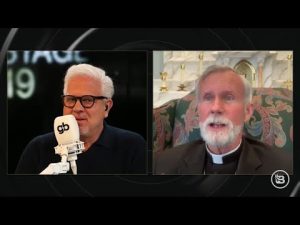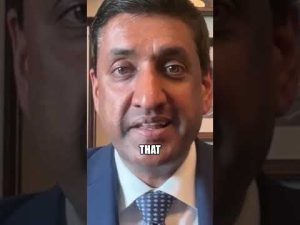**Redefining Manhood: A Conservative Perspective on Masculinity in Modern Times**
In today’s rapidly changing world, the question of what it means to be a man remains a hot topic. With societal norms evolving and conversations about emotional expression becoming more mainstream, many people are left wondering where traditional masculinity fits in. Fortunately, a conservative perspective provides a lens through which to navigate this complicated territory.
At the core of traditional masculinity is the concept of responsibility. For many conservatives, being a man involves self-control, courage, and most importantly, the ability to protect and provide for one’s family. This definition transcends mere physical strength and delves into the moral fiber of a man. It’s about making decisions that reflect character and integrity, fostering relationships grounded in trust, and remembering that true manhood involves a moral duty to uplift those who can’t stand up for themselves.
Yet, there’s more than just defending the family unit; it’s also essential to have a guiding principle. Many conservatives look to religious texts as the standard for moral behavior. While it’s acknowledged that not everyone adheres to a faith, the implications of living without a guiding philosophy can lead individuals to question their choices and values. A lack of spiritual or ethical grounding may leave men searching for purpose in all the wrong places, risking a drift into moral ambivalence.
Interestingly, as conversations around feelings and emotional health become more popular, the portrayal of masculinity has started to shift. While it’s important to acknowledge emotions, a conservative perspective reminds us that a man’s duty should always come first. Too often, the modern embrace of emotionality has veered into the territory of self-indulgence, which can obstruct the clarity needed for responsible decision-making. True strength lies in the ability to balance feeling and reason, making choices that align with long-term goals rather than momentary pleasures.
This considered approach to masculinity extends into broader social responsibilities. Men are traditionally seen as protectors, and that extends beyond just their family to the community. Standing against injustice is one of the most commendable traits a man can possess. Whether it’s advocating for the marginalized or defending the rights of others, standing up is not simply a choice—it’s an obligation that reflects a noble character. In fostering an environment where everyone can thrive, men also fulfill their duty to their families by contributing to a healthier society.
Lastly, the conservative viewpoint expresses a strong disdain for fleeting relationships. Commitment and monogamy are touted not just as social contracts but as pillars of a stable home life. The belief is that genuine relationships require a willingness to commit to one partner for life, which contrasts sharply with today’s trend toward casual dating. Conservatives argue that a man’s ability to love one person deeply is a badge of honor that fosters not only personal happiness but societal stability as well.
In essence, redefining masculinity through a conservative lens emphasizes integrity, responsibility, and a commitment to family and community. While the world around us continues to change, the principles that guide true manhood remain timeless. By embracing these ideals, men can navigate their lives with purpose, ultimately contributing positively to the future of society. So, whether you’re in a debate with friends or reflecting on your own life’s path, consider the robust vision of masculinity supported by enduring values. It might just lead to the kind of life you aspire to—one filled with honor and meaning.







